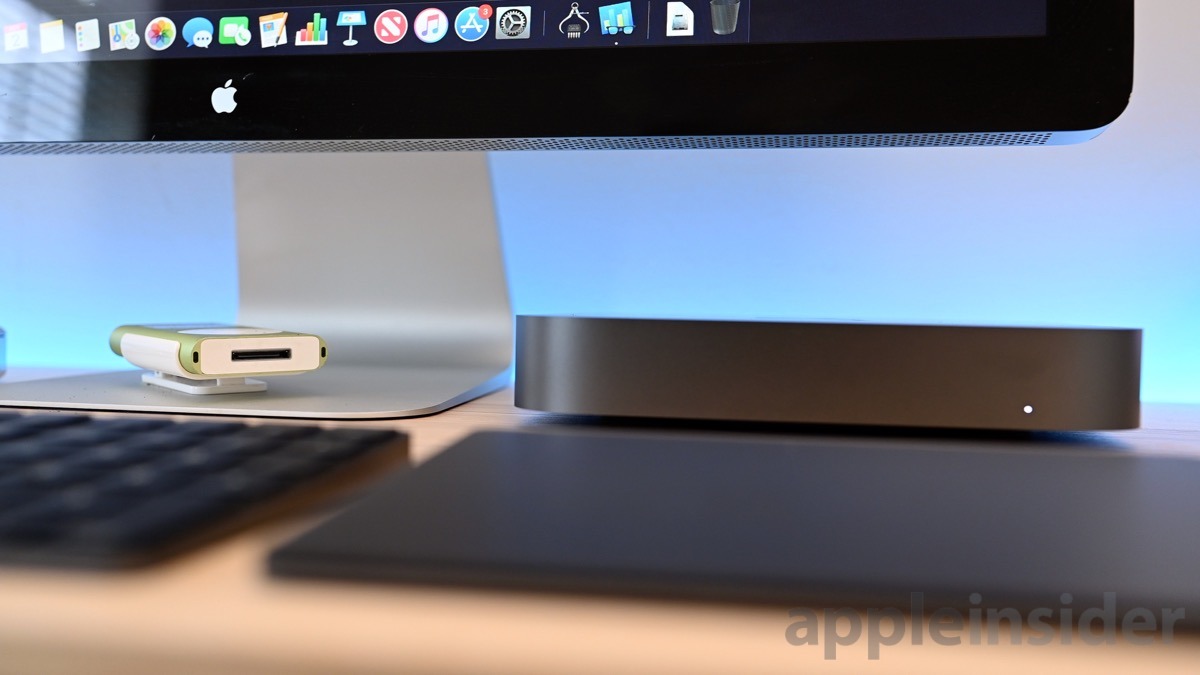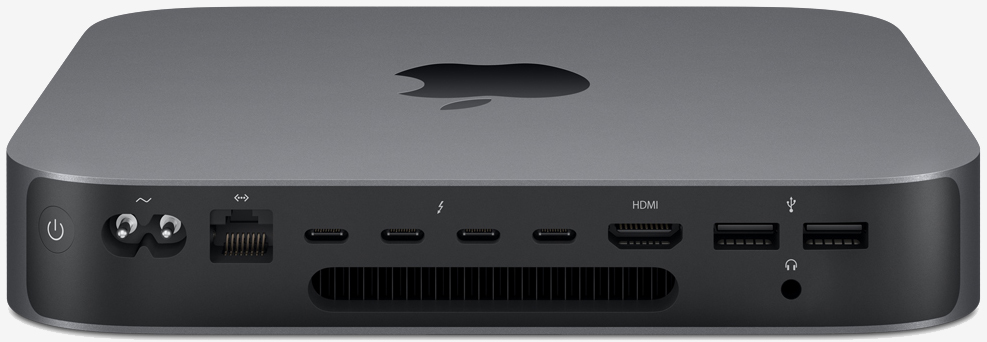

Like the MacBook Air and MacBook Pro 13-inch, the Mac mini (M1, 2020) keeps the same design as its predecessor. It’s good to see Apple get competitive with pricing, as compact desktop PCs from competitors like Zotac and Intel often cost a lot more – although they are usually more customizable.

The base model is also cheaper than the 2018 Mac mini, which started at $799 (£799, AU$1,249), so you’re getting drastically improved hardware for less money. Both of these have the same M1 chip with an 8-core CPU and 8-core GPU, which is the same chip as the one in the Apple MacBook Pro 13-inch (M1, 2020).īoth models can be further configured to offer up to 16GB of unified memory and up to 2TB of SSD storage. There's also a model with 8GB RAM and 512GB storage space for $899 / £899 / AU$1,399. The Mac mini (M1, 2020) is on sale now globally, and starts at $699 / £699 / AU$1,099 for the model with 8GB of RAM and 256GB of storage. Ports: 2x Thunderbolt 3 (USB-C), 2x USB-A, Ethernet, HDMI 2.0, 3.5mm headphone jack Here is the Apple Mac mini (M1, 2020) configuration sent to TechRadar for review: With that feature now missing (and memory limited to 16GB), the Mac mini (M1, 2020) may not offer everything that more demanding users need. Sure, most owners will never use one, but this is a PC that's developed a cult following amongst video editors and photographers thanks to its scalability via eGPUs. However, for people who want a productivity machine, the fact that the Mac mini no longer supports eGPUs will be a major disappointment. In many ways it continues to offer what we love so much about the Mac mini: it has a compact, attractive design, with some great components inside, and the ability to run legacy Intel apps, along with M1 apps and iOS apps, is genuinely exciting. It’s great to see Apple embracing its quirky little PC, and using it as a showcase for its M1 hardware in a desktop PC. Overall, the Mac mini (M1, 2020) is an impressive bit of kit, with Apple’s latest hardware and software taking center stage.
#Apple mac mini 2018 buy at store upgrade#
This will disappoint anyone who needed to upgrade their Mac mini. However, we should note that the move to the M1 chip means the memory is capped at 16GB, and you can no longer use external graphic cards (eGPUs). This tiny little PC feels fast and responsive, and it was able to punch above its weight when it came to intensive video rendering tasks. Even though the M1 chip that powers the Mac mini is Apple's first chip for a desktop PC, it's really knocked it out of the park. And, it really has got a performance boost.


 0 kommentar(er)
0 kommentar(er)
